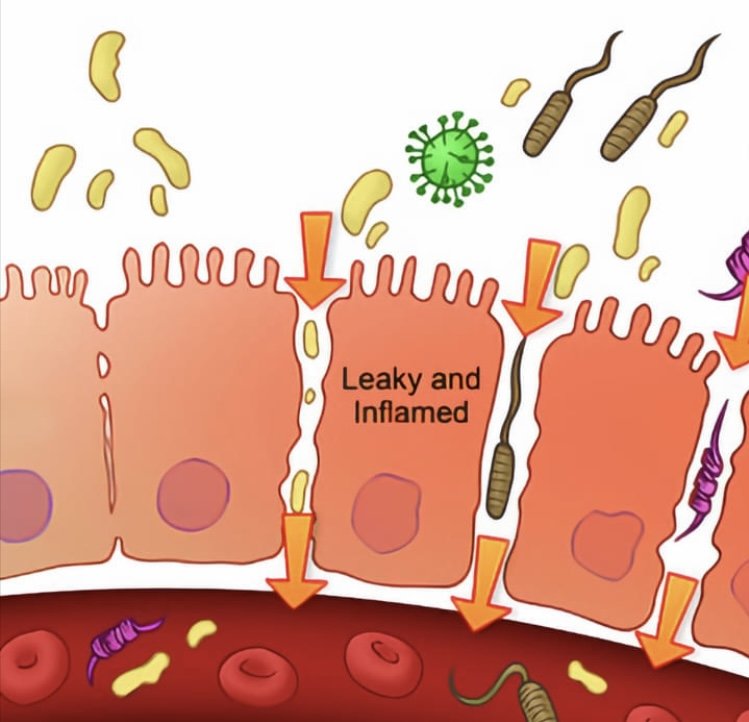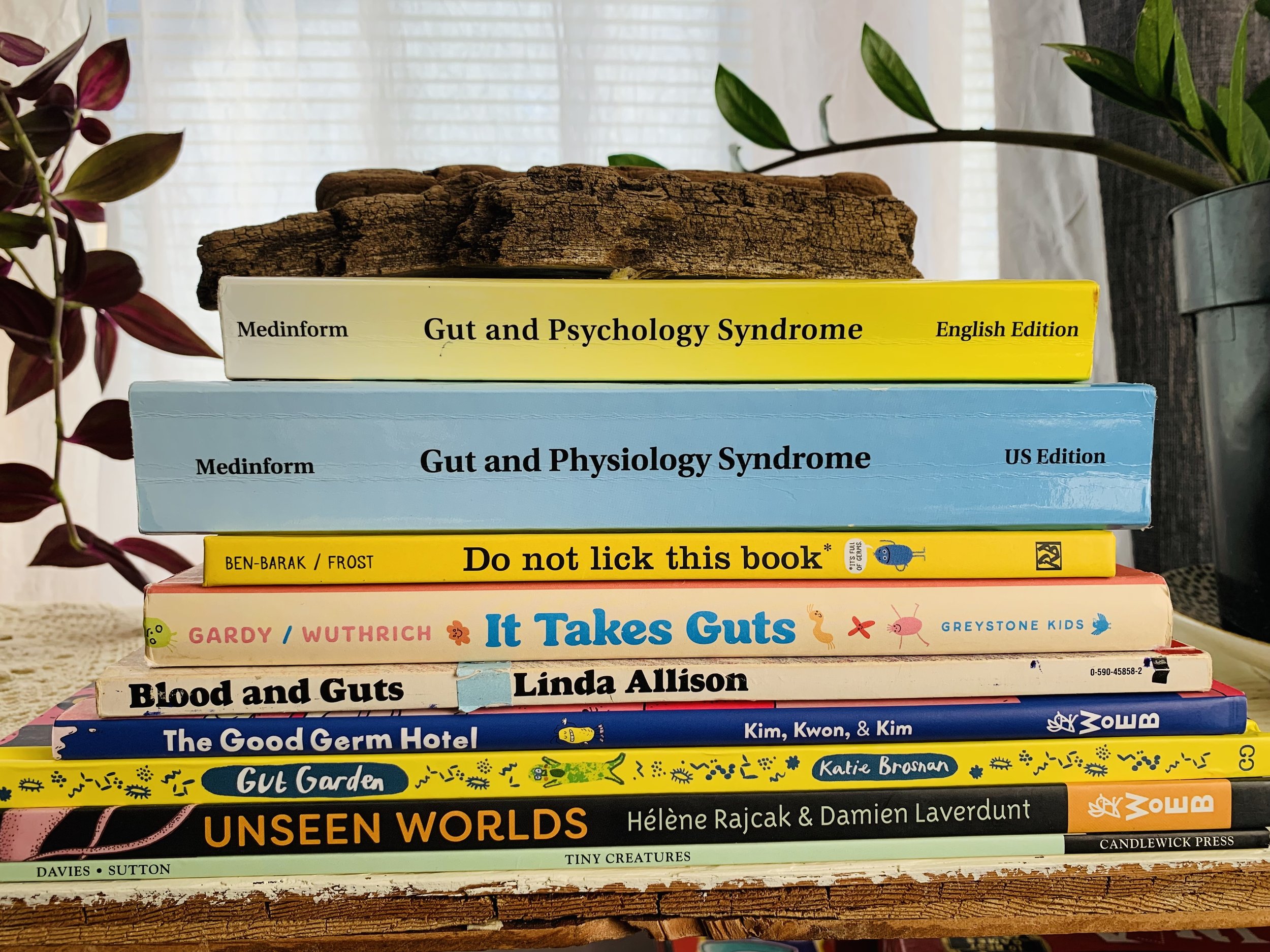All Disease Begins in the Gut
Hippocrates was know as the father of modern medicine. Physicians today still take the Hippocratic oath, to uphold specific ethical standards. One of the most remembered phrases Hippocrates is known to have said over 2000 years ago is that “all disease begins in the gut”.
The more we learn with modern medicine, the more we realize how correct he actually was.
The GAPS nutritional protocol establishes the connection between the state of the digestive system and the health of the rest of the body.
Dr. Natasha Campbell-McBride is the creator of GAPS, which stands for Gut and Psychology Syndrome and Gut and Physiology Syndrome.
As a GAPS guide, I have the honor of attending live Webinars with other coaches, practitioners, and Dr. Natasha.
Dr. Natasha is the parent of a fully recovered child of a learning disability. She realized nutrition played a critical role in helping overcome disabilities, and has pioneered the use of probiotics.
She holds a degree in Medicine and Postgraduate Degrees in both Neurology and Human Nutrition and has a clinic in Cambridge, UK.
From Gut & Physiology Syndrome, Introduction:
“Modern medicine has divided the human body into different systems and compartments. However, there is a problem with specialization. The human body is one entity; it functions as a whole. Every system, every organ, every cell communicates, affecting each other and working together. Gastroenterology often thinks that the digestive system has no relation to other organs and systems, while psychiatry usually behaves as if the brain functions completely separately from the body. Is it a surprise then that some diseases have long been pronounced ‘incurable’?
The more I worked with children and adults with learning disabilities and mental illness in my clinic, the more I realized that what caused their mental problems was also causing a plethora of their physical problems. Painful and stiff joints, hay fever and asthma, allergies and food intolerances, bed-wetting and cystitis, painful muscles and bones, lack of energy and debilitating fatigue, headaches, chronically blocked and runny nose, various skin rashes and eczema, hair loss, poor muscle density and strength, bad breath and mouth ulcers, body odor, poor blood sugar control, hormonal abnormalities, neurological symptoms, diarrhea, constipation, abdominal pain and bloating, and many other physical symptoms.
The body works as a whole: whatever affects the brain and causes mental symptoms is at the same time affecting other organs in the body.
In every person the symptoms from both GAP Syndromes overlap: people with mental problems suffer physical symptoms, while people with physical conditions have mental symptoms. When the digestive system is unwell, it becomes a major source of toxicity instead of a source of nourishment.
The human body is a wonderful creation: it has full ability to heal and maintain itself.
Healing begins from understanding what is going on in your body.”
The gut lining becomes permeable and toxins are able to “leak” into the blood stream and then can circulate all over the body, causing a wide array of symptoms.
From Gut and Psychology Syndrome, Chapter 1:
“It is quite rare to meet an autistic child who is not fussy with food. It is also rare for parents of GAPS children to describe their child’s stool as normal. Diarrhea and constipation would often alternate and, in many cases, undigested food is clearly visible in the stool. Strong, unpleasant smell and other times very acid and burn the child’s skin. Often severe constipation, that would result in large and painful stool. Large amounts of old, compacted feces are literally glued to the walls of the digestive tract, providing fertile rotting environment for all sorts of parasites, bacteria, fungi, and viruses to breed and thrive, constantly producing a lot of toxic substances which are absorbed into the bloodstream of the child. Doctors and scientists have established a hypothesis of gut-brain connection in schizophrenia and backed it by very serious scientific findings. Clinical observations show that almost all children and adults with ADHD, dyslexia, dyspraxia, asthma, allergy, eczema and other conditions have digestive problems to various degrees. Many patients have typical symptoms of IBS: abdominal pain, bloating, stool abnormalities and flatulence.
The question is: why do GAPS children and adults have their digestive systems in such a condition? What has it got to do with their mental state? To understand that we need to look at some very important fundamental aspects of the human gut.”
To read more, it is always recommended to buy your own copy of the Gut and Psychology Syndrome and Gut and Physiology Syndrome books. To order your own they are available here.
If you would like to borrow a copy in the meantime, I have spare books for local lending! Please contact me for a book rental.
Book loans! If you would like to borrow a book from the Nourishing Home library, please feel free to reach out.




